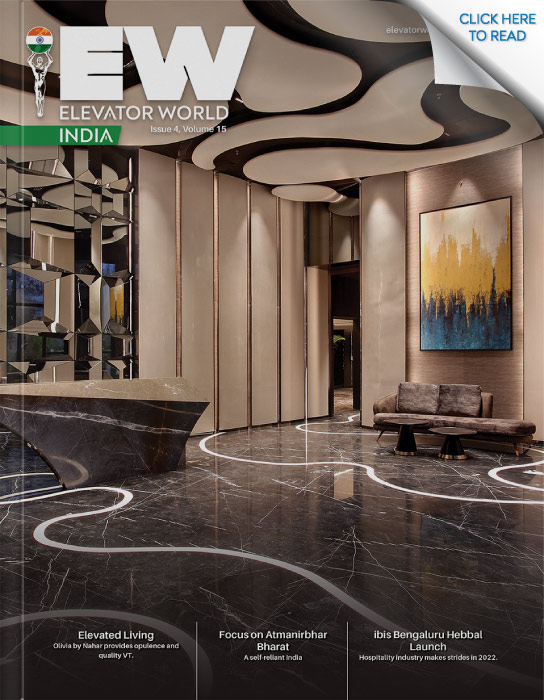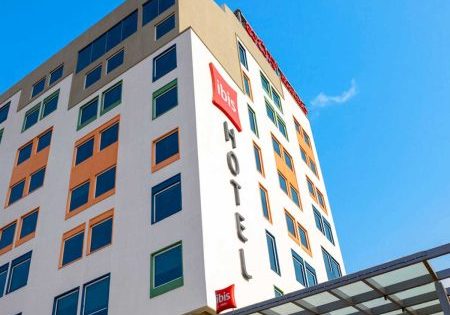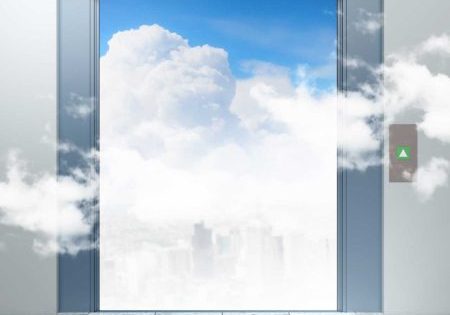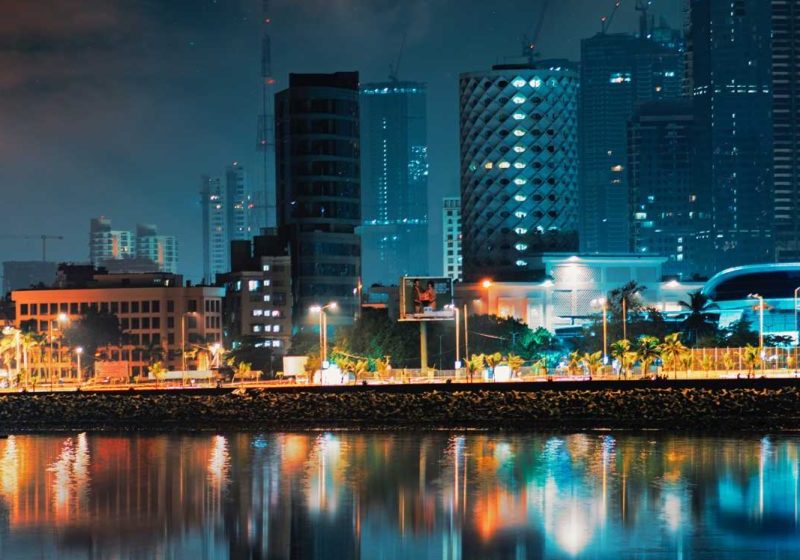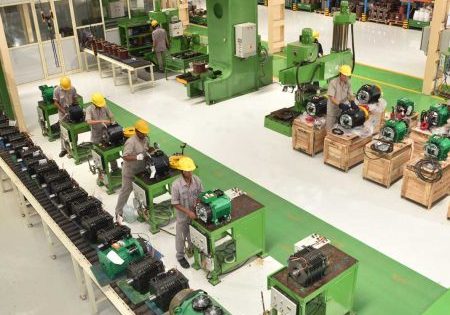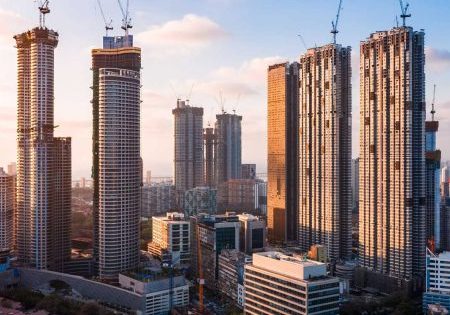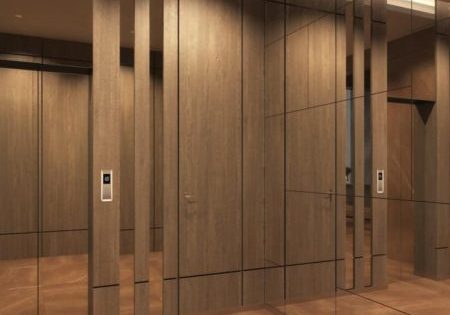Inclined Travelators in Retail
Dec 4, 2022
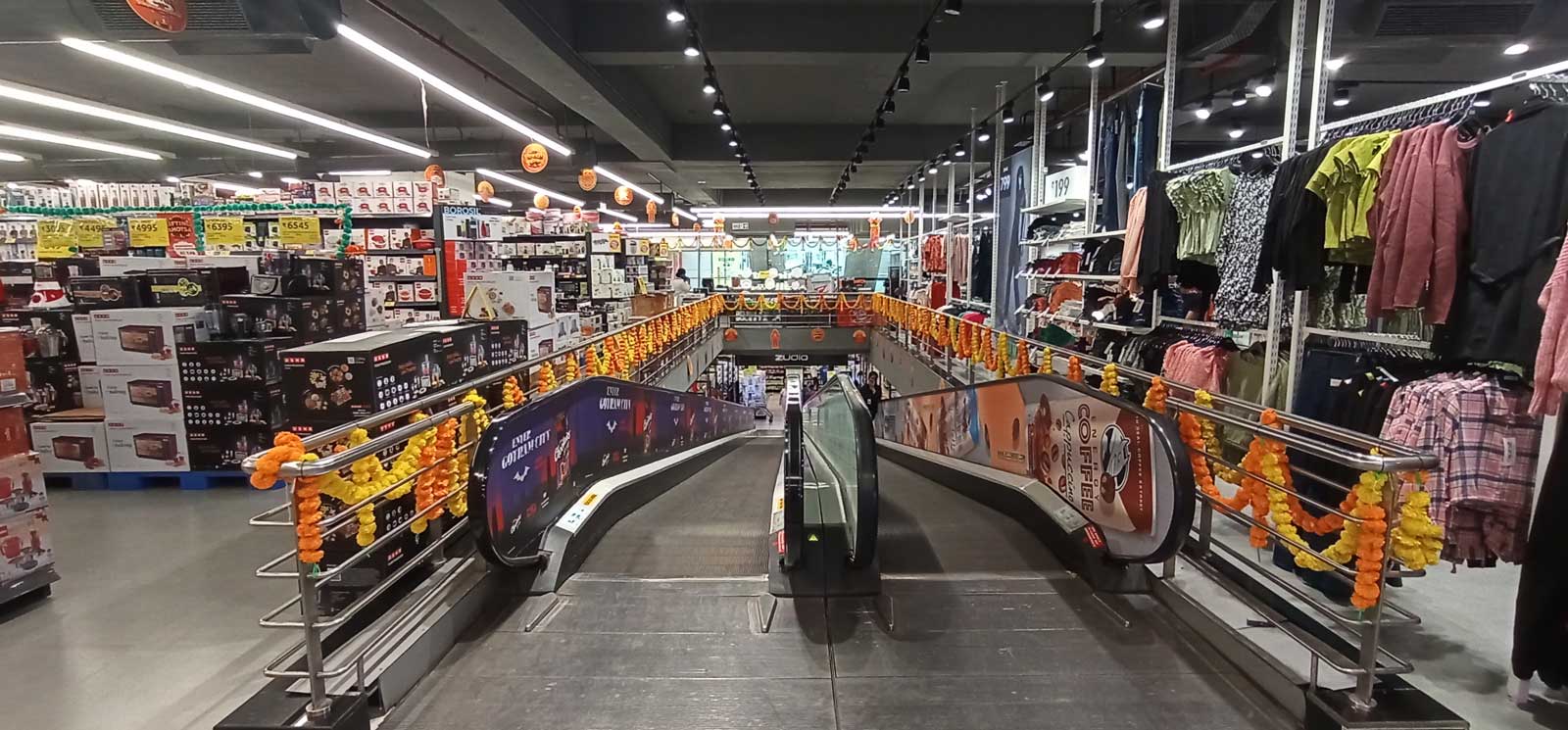
Utilization of travelators within the organized retail segment of Indian metros and their myriad advantages
Across the globe, travelators, or moving walks, are usually associated with transit structures like airports, railway stations, bus stations, etc. As per Wikipedia, the first travelator debuted at the World’s Columbian Exposition of 1893, in Chicago, Illinois, in the U.S. as The Great Wharf Moving Sidewalk and was designed by architect Joseph Lyman Silsbee. It had two different divisions: one where passengers were seated, and one where riders could stand or walk. It ran in a loop down the length of a lakefront pier to a casino.
Basic Benefits
It has been observed that travelators are increasingly being incorporated across India as they greatly help in ferrying people across lengthy corridors while moving within these structures. Moreover, travelators run at a speed slower than the natural walking pace of an average human. Thus, people carrying luggage can still have the option of walking even while moving on the travelator. This helps them to improve individual travel time and overall transport capacity.
Instant Mobility
Moreover, since travelators are continuously in motion, there is zero waiting time associated with their use. Comparatively, elevators can, at times, involve a considerable period of wait during peak hours, especially in older structures where the quantum of usage has not been properly taken into consideration through systematic foot traffic analysis while planning the vertical-transportation (VT) requirements.
Not surprisingly, “I was delayed by the long queue at the elevator downstairs,” is a staple line that is regularly offered up as a convenient excuse when people have missed the official time stipulated for punching in at the office or while reporting for a flight/ferry/train/bus. Now that’s something you can never say when there’s a travelator provided!
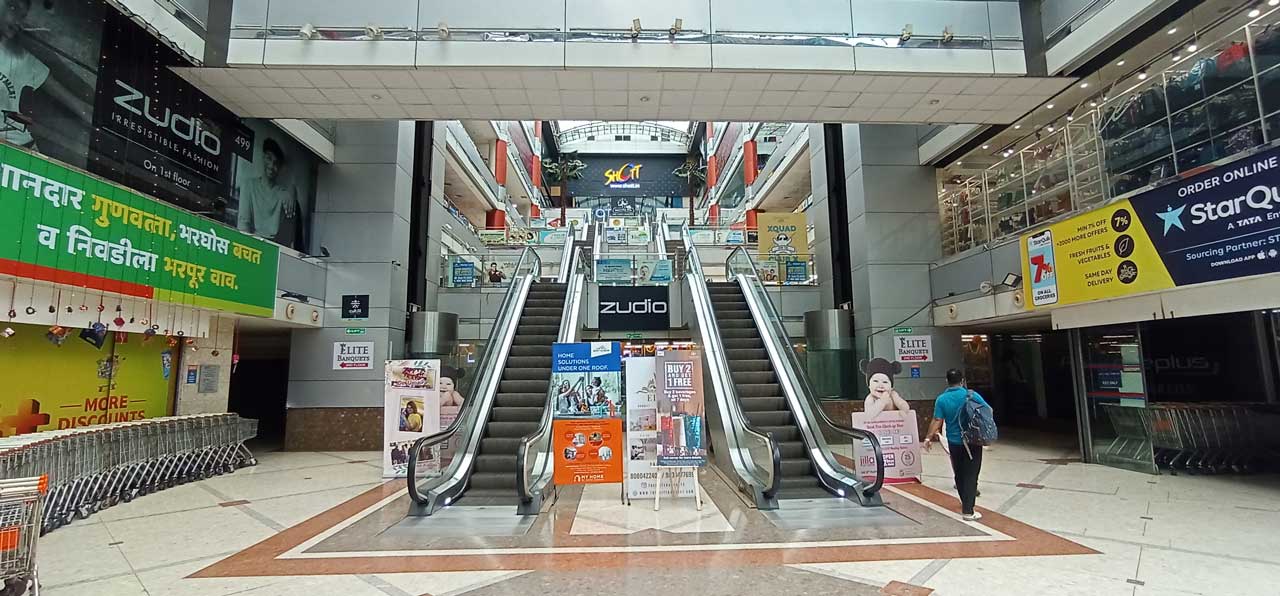
Smart Thinking
In addition to the obvious and expected method of laying them out flat so that they move forward horizontally (as most of us would have witnessed and experienced) at airports, there is another option, as well. Not many of us would have realized that travelators can also be placed at an incline, thereby working as a conduit between two levels.
Thus, an inclined travelator works as a system of VT employed in transit structures, supermarkets and malls to move people to a different floor with the convenience of an elevator, such that people can carry their suitcase trolleys, shopping carts, baby carriages, etc. while enjoying the capacity of an escalator.
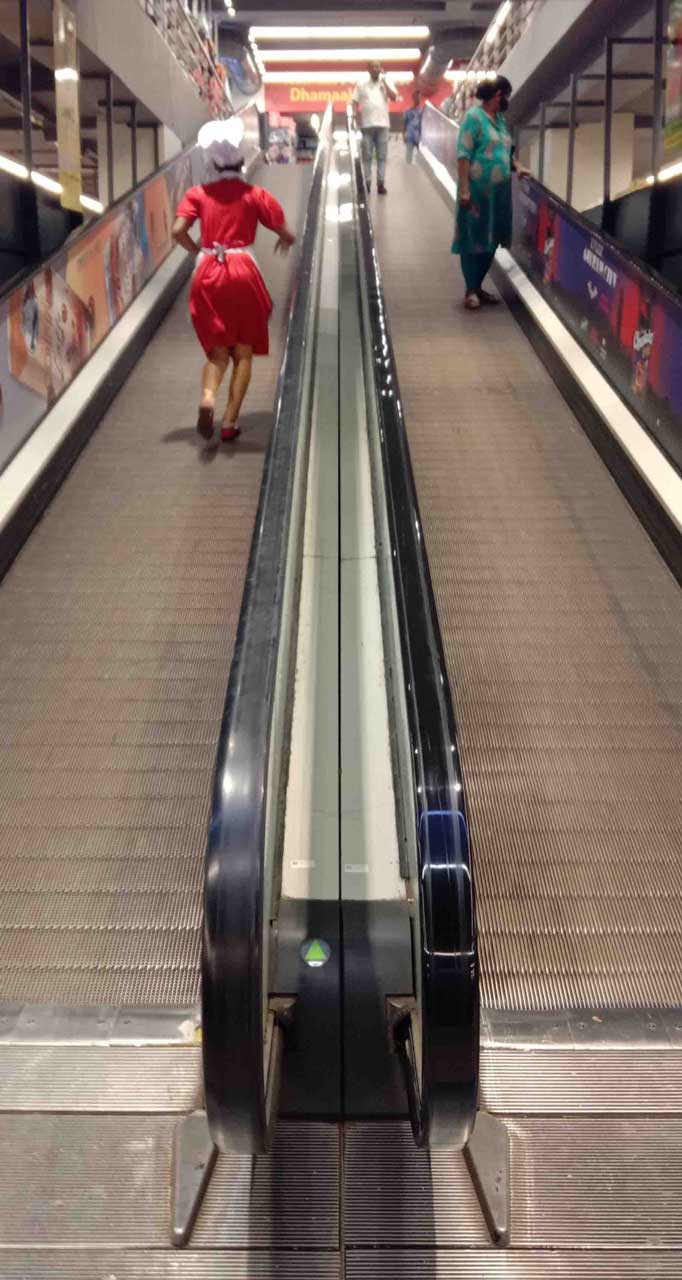
Wider Usage
This is really a thoughtful option, considering the fact that there are still a lot of people who are a little bit wary of traveling by escalators. Also, since the belt remains flat all through the motion, it is far easier to ferry luggage on a travelator than on an escalator. It was quite a pleasant surprise for me to witness this at the Star Bazaar located within Crystal Point at DN Nagar in Mumbai’s prime western suburb of Andheri.
Multiple Levels
Retail facilities, like malls and supermarkets, invariably need to move people and goods continuously. Thus, they rely heavily on escalators, elevators and travelators to keep human and trolley traffic in continuous motion. And this is exactly where the inclined travelators come across as one of the most efficient systems of transit across levels.
Designing or retrofitting a shopping center with travelators or inclined travelators allows for a new level of accessibility and safety that would otherwise be unavailable with escalators, since they are avoided by those in wheelchairs or by some low-sight users, to the extent that certain supermarkets require users of wheelchairs and other mobility aids to be accompanied by shop staff when using their moving walkways, which they refer to as “movators.”
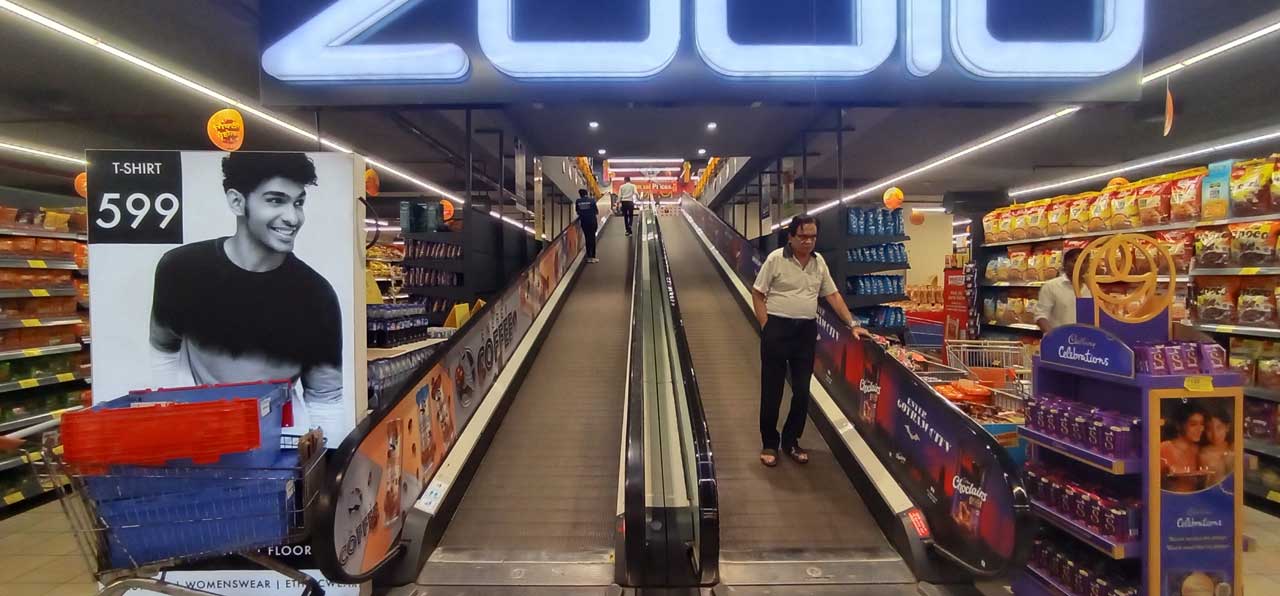
Safety Factor
Additionally, inclined travelators are designed keeping safety and overall hygiene in mind. To keep trolleys from tumbling while on incline, they are fitted with wheels specially designed to get entrenched within the grooves of the travelator’s tread when rolled onto the belt, thereby preventing the cart from rolling down.
On reaching the end, the trolley wheels are lifted off the tread by the landing plate. Again, in the post-COVID scenario, integration of technology such as a UV-lighting module into the mechanism of escalators and travelators allows handrails to be automatically sanitized on each revolution, thereby ensuring proper hygiene standards for systems involving a heavy human footfall.
Finally, as mentioned earlier, it is critical for retail centers to ensure uninterrupted movement, vis-à-vis goods traffic and, more importantly, human footfall. This is where healthy people flow means a healthy cash flow.
Get more of Elevator World. Sign up for our free e-newsletter.

